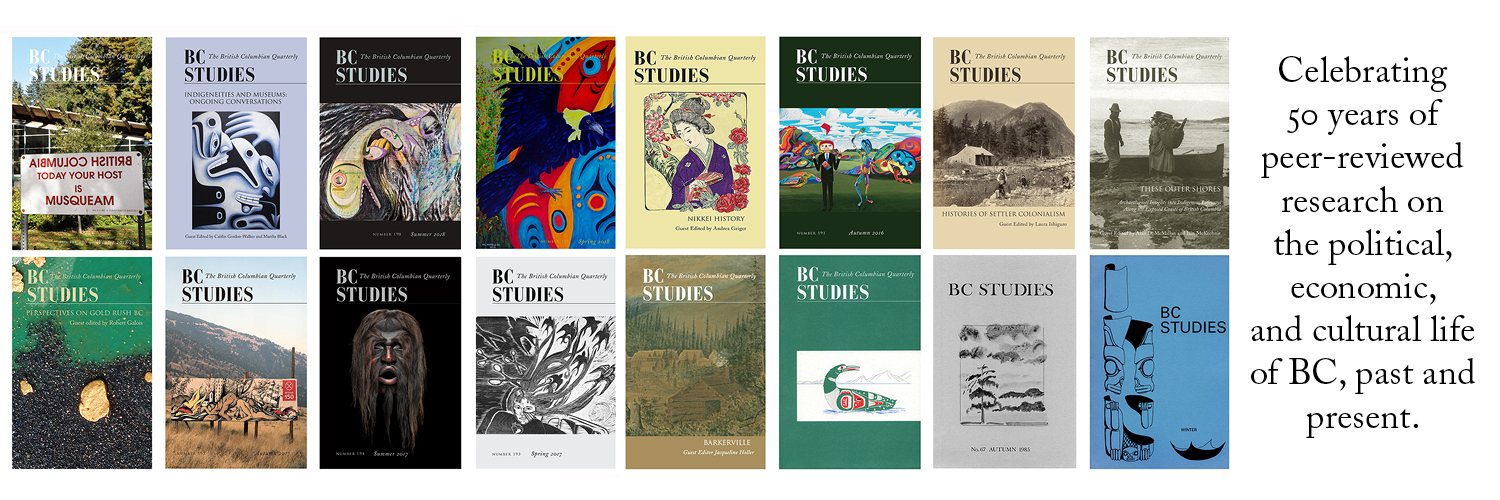The Art of Peer Support: Work, Health, Consumer Participation, and New Forms of Citizenship in Late Twentieth-Century Mental Health Care in British Columbia
DOI:
https://doi.org/10.14288/bcs.v0i202.190414Keywords:
citizenship, hospitals, mental health, peer supportAbstract
Within a new discourse of self-help, patient rights, rehabilitation, and recovery peer support emerged as a new field of work and imagination in post-1970s Canadian mental health care. Patients had an essential role in imagining, creating and enacting new forms of citizenship that critiqued and provided new alternatives for health and healing in the new context of community mental health. This paper explores the history of peer support as it originally evolved within the patient liberation movement in the 1970s and the way it became incorporated as an accepted form of work in British Columbia (BC)’s evolving mental health system as of the 1990s.
Downloads
Published
2019-05-23



